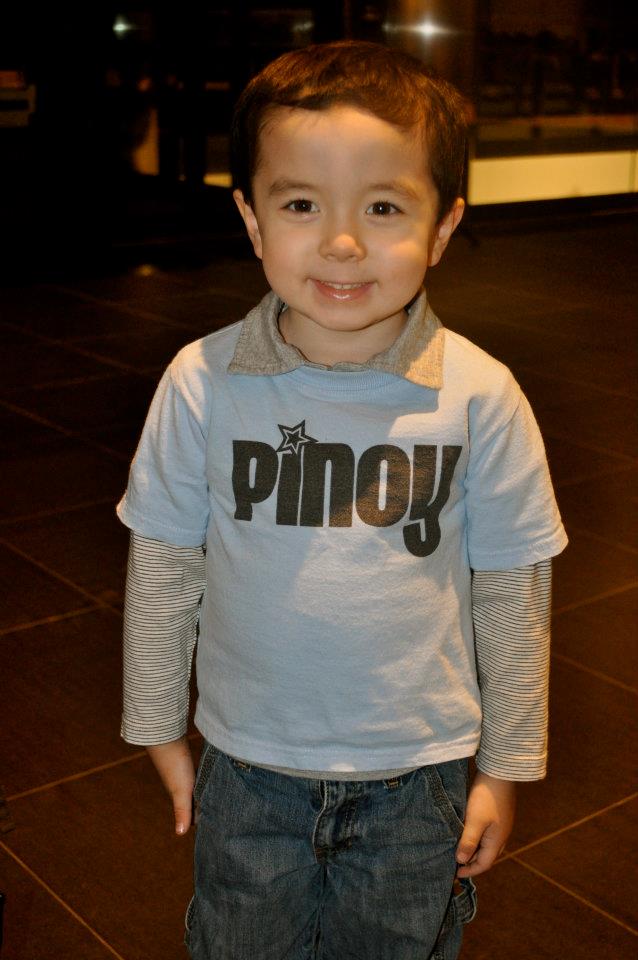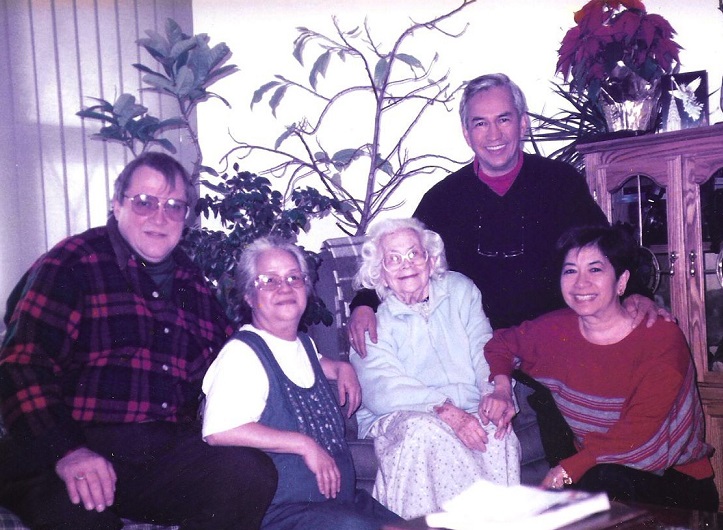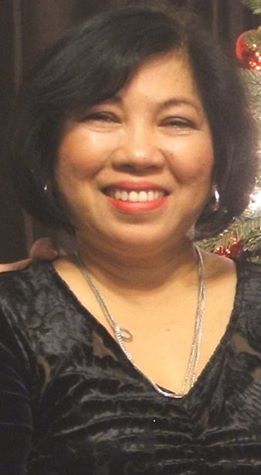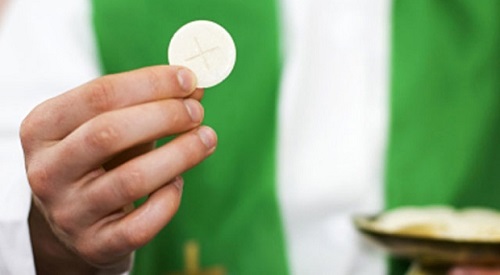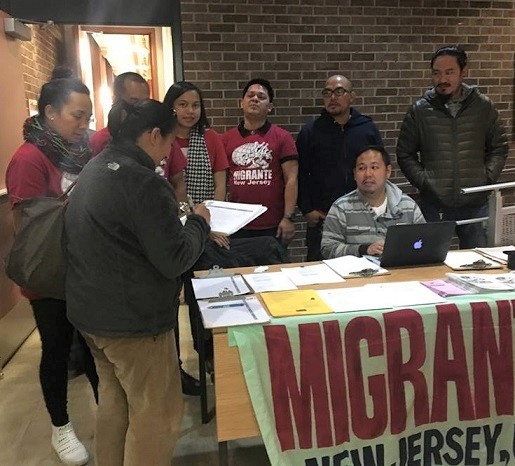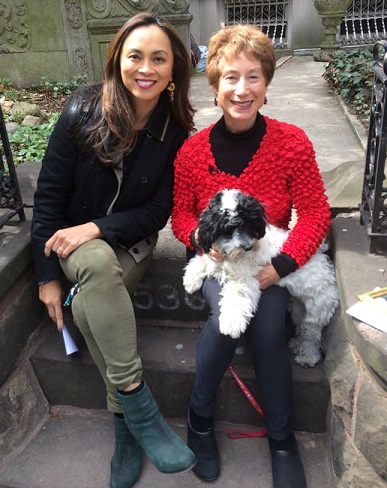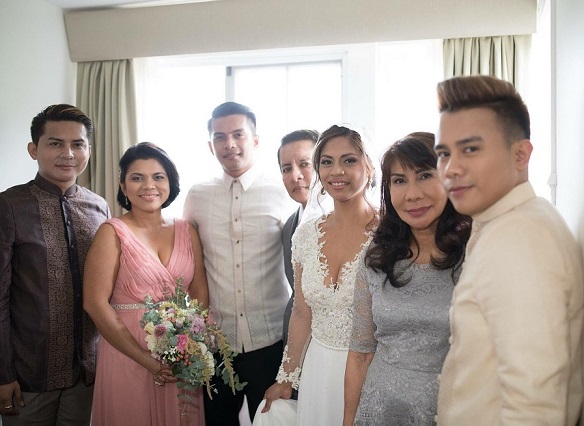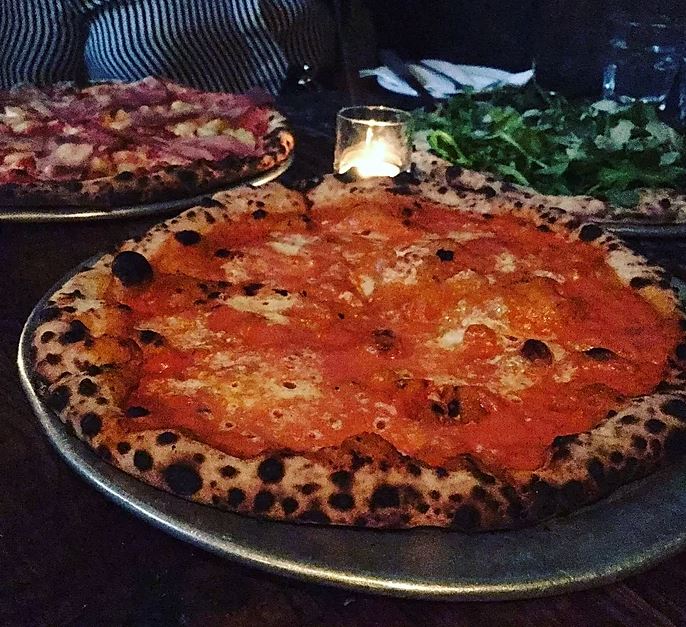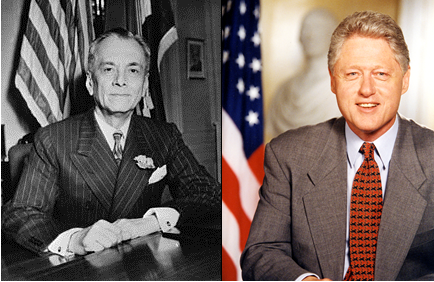Jeopardy trivia: Who are two presidents with same birthdays?
By Lourdes A. Ongkeko, Ph.D.They are decades and decades apart from one another, but they share one event. They mark the same birthday anniversary. They have served their countries as presidents. They likewise were elected to their posts. Who are they?
The Philippines’ own Manuel Luis Quezon and William Clinton of the United States of America who have the same birthday anniversary: August 19.
Both did not come from metropolitan areas. Their original homes were far from urban centers: another unwittingly shared feature of humble beginnings exemplified by Quezon and Clinton.
Son of Tayabas, a province of Southern Luzon, Quezon, according to those who watched him work on his avowed mission for his country, upon his election, first served as member of the Philippine Assembly in 1907. He received his appointment as resident commissioner for the Philippines (then a U.S. territory), but was not given the privilege of voting in the U.S. House of Representatives.
William Clinton is a son of Arkansas who rose to the presidency, buoyed by the people who looked for a change in government as he served in his state as governor, and went on to proceed in a national election, was chosen to serve his country not once, but twice through re-election.
Flashback to Quezon: Exposed to the legislative process of a democracy, Quezon fought for what he had looked forward to for his homeland: “speedy granting of independence by the U.S.”
Quezon, who started his professional life as a teacher, joined revolutionary forces against Spain. He was described as “fearless, bold, quick-tempered,” but all these became pluses because the young rebel was quickly promoted from private to major. Quezon refused to dilly dally with those who did not believe in
self-government. He set the example by joining combat forces against Spain.
In 1899, even after the Philippines was but initially under American rule, the young officer’s insights never left his quest for Philippine independence.
A keen observer on how U.S. administrators carried their functions in his birthplace, Quezon saw how the new governing forces made emphatic the goals of freedom through education and self-improvement.
Quezon, through his self-determination and love of the law, went to law school, passed the Philippine bar exams in 1903, and ran for the Senate. He was elected to the presidency through the ensuing national election and earned the title as the first incumbent to secure re-election.
A constitutional amendment in 1935 made it possible for Quezon to retain the presidency he was elected to. The Quezon motto was motivated by: “More government, less politics.”
Were that followed today, such deplorable actions traced to mal-administration of the government of the Philippines would not have arrived on the multi-faceted scenes in such a gripping mode of mounting unsolvable problems.
At that time, history recorded how the Philippines fared as a country.
Through his enormous knowledge of the country’s problems, President Quezon went through the series of administrative programs that left their earmarks on the Philippines from 1935-1941:
1) how the issues on the landless and the countryside’s peasants were taken into prime consideration;
2) the Islands’ national defense; approval of certain officials’ appointments in government; reorganization of settlers in the development of Mindanao;
3) dealing with what was identified as ‘foreign stronghold’ on Philippine trade and commerce;
4) land reform; social justice;
5) proposals to oppose graft and corruption, all geared toward a better Philippines in preparation for independence promised by the U.S., with the date ascertained: July 4, 1946, through the U.S.’s Tydings-McDuffie Act.
The outbreak of World War II put a screeching halt on the often-described ‘smooth running’ of President Quezon’s leadership as the first president of the Philippine Commonwealth.
Although he was in the U.S., as president in exile, Quezon reportedly went on short-wave radio broadcasts to relay to his countrymen never to give up. The enemy occupation would come to an end. He kept the fires of freedom alive.
Those who listened to his addresses in secret were inspired by what they heard: “Help is forthcoming. The Japanese armed forces will be stopped by the strength and determination of the allied forces who believe in democracy.”
Quezon will be long-remembered as one who championed the cause of the common man. He was responsible for establishing the Court of Industrial Relations and the enforcement of the 8-hour labor law.
Without his leadership laid early from the time he was first elected head of the Philippine Commonwealth, there would not have been a role model in the executive branch of the country’s governmental machinery, without Manuel Luis Quezon.
It is fitting therefore that on August 19th of each year, there is a remembrance of President Quezon through a national holiday.

